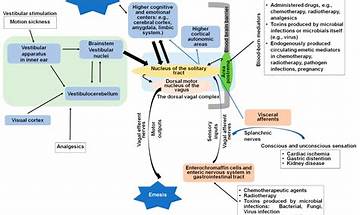Research: Fermented rice bran may help to inhibit bone resorption caused by inflammation.

Xinhua News Agency, Tokyo, August 4 (Reporter Qian Zheng) Tohoku University in Japan recently issued a communique, saying that the researchers of the school found through animal experiments that the intake of fermented rice bran can inhibit the expression of cytokines that cause inflammation, thereby inhibiting the formation of osteoclasts and bone absorption caused by inflammation. This result shows that it is possible to inhibit or prevent bone resorption caused by diseases through dietary regulation. In the metabolism of animal bones, osteoclasts break down bone tissue. If osteoclasts are overactive, it may lead to diseases such as osteoporosis. Bone resorption refers to the physiological phenomenon that the volume and density of bone tissue gradually decrease at a low stress level. With the development of an aging society, the number of people suffering from bone metabolic diseases such as osteoporosis, rheumatoid arthritis and periodontal disease has been increasing in recent years. These diseases are often accompanied by pathological bone resorption, which in turn leads to related dysfunction. Researchers have long tried to find simple and effective ways to inhibit this bone resorption. The communique said that rice bran contains many active ingredients such as dietary fiber, vitamins, various amino acids and antioxidants. Researchers at Tohoku University in Japan fermented rice bran with Aspergillus albicans, and then added lactic acid bacteria mixture for secondary fermentation to make special fermented rice bran. After feeding mice with this fermented rice bran for a week, they injected lipopolysaccharide into their skulls, which could induce inflammation. The researchers found that the intake of fermented rice bran can inhibit the expression of tumor necrosis factor-α, a cytokine that promotes inflammation in mice, and inhibit the formation of osteoclasts and bone absorption caused by inflammation.The researchers then further observed the process of osteoclast formation under laboratory conditions, and dropped fermented rice bran extract into the culture solution. The results showed that the formation of osteoclasts was inhibited. This shows that the composition of fermented rice bran directly affects the formation of osteoclasts. The research team plans to further verify the related effects of fermented rice bran based on this experimental result and strive to put it into practical use. The paper on the above research has been published in the new international academic journal Nutrients. (End)
Declaration: All article resources on this website, unless otherwise specified or labeled, are collected from online resources. If the content on this website infringes on the legitimate rights and interests of the original author, you can contact this website to delete it.






